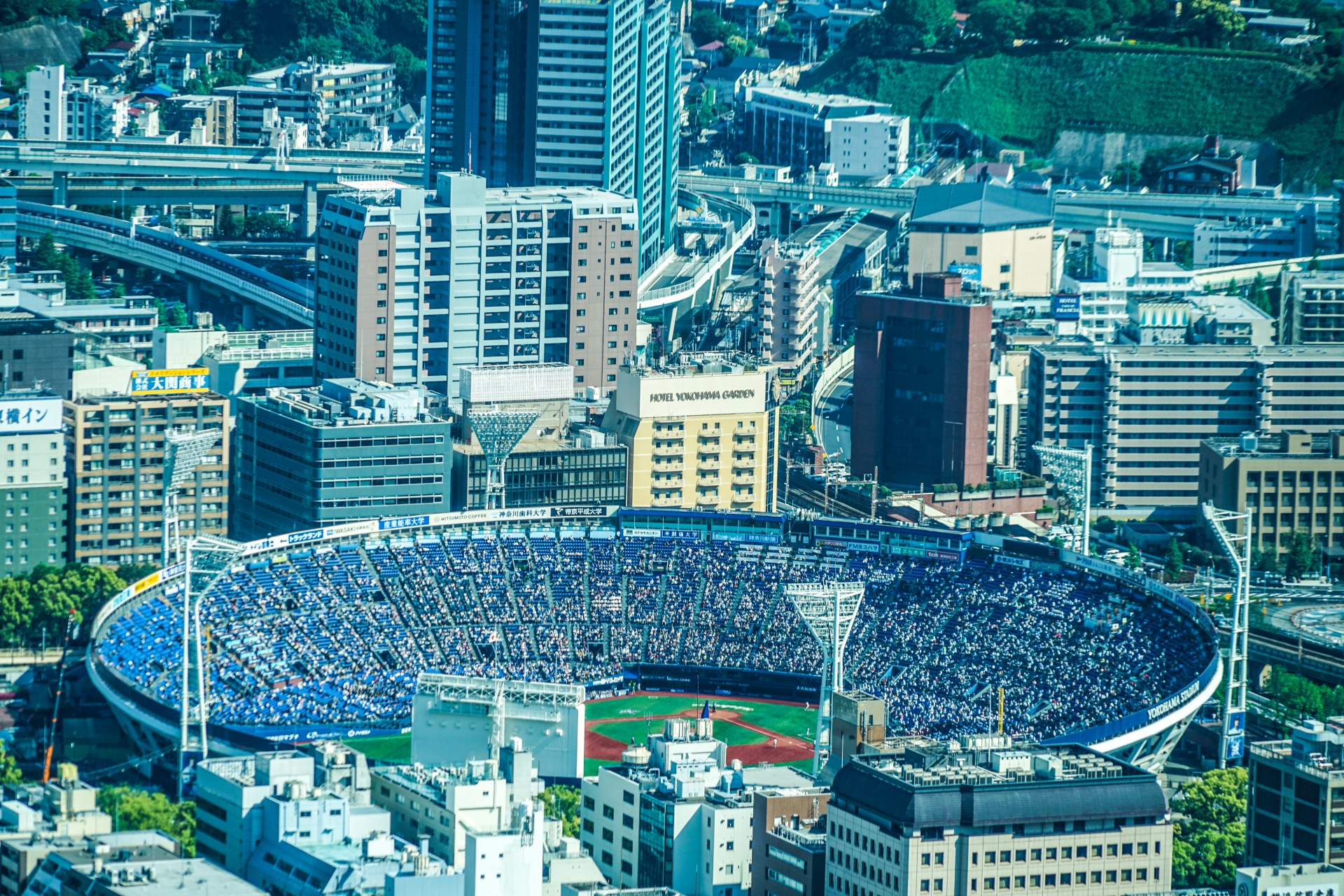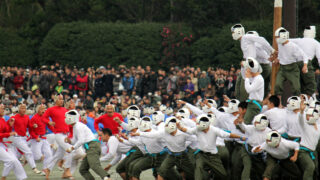Sports have always been a big part of the Japanese culture with traditional sports like judo and sumo still being immensely popular. But also imported sports such as baseball and soccer are loved by many Japanese. Japanese people are often big sports fans and they are introduced to sports at a very young age in elementary school. Most people enjoy both participating in and watching different sports on a daily basis. When you walk in the parks or visit the riverbanks, especially on the weekend, you will be surprised by the large number of people engaged in all kinds of sports. From running and yoga to baseball and tennis, many people enjoy either watching or doing sports in their leisure time.
Traditional sports such as sumo and judo are very popular, tickets for the Grand Sumo Tournaments sell out within the hour! Baseball games often attract large crowds of people, cheering for their team. Learning about the trends and culture of sports in Japan helps you share an exciting moment with locals at the exciting matches. Here is the list of popular sports in Japan and how you can enjoy them too.
1. Sumo
Sumo is known as the national sport in Japan and it is one of the most popular sports associated with Japan worldwide. Although the number of people who enjoy watching sumo has been decreasing in the last years, it still remains immensely popular, especially among the older generation. Both locals and international tourists love to watch the sumo wrestler’s professional performances and tickets to the tournaments sell out quickly. The origin of sumo is said to date back to about 1,500 years ago when it was originally carried out as a ritual for predicting the harvest results for the year. It later developed as a sacred ceremony by nobles and aristocrats at the imperial court and became popular among the people during the Edo Period from the 17th century.
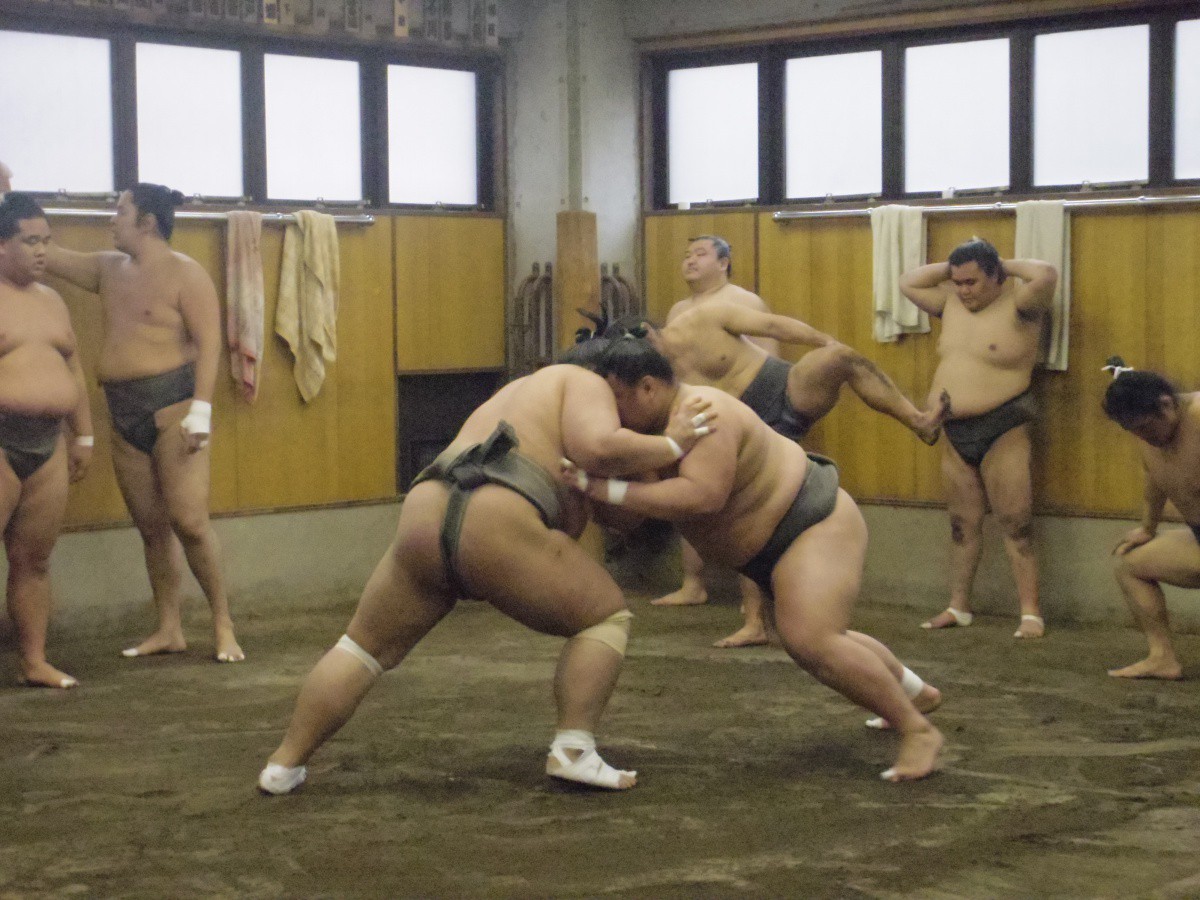
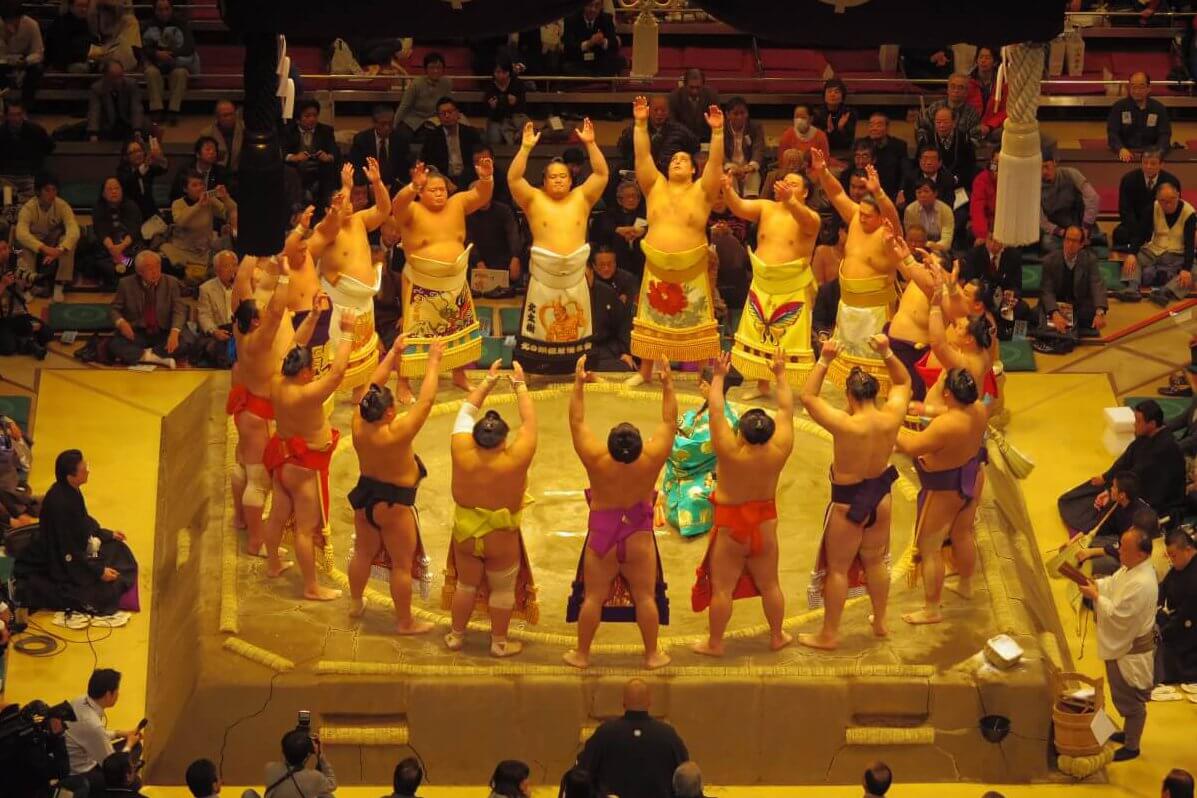
The Japanese style of wrestling takes place in dohyo, a circular playing ground, from which the two sumo wrestlers, rishiki, try to push the opponent out of the ring or force them to touch the ground. When either occurs, this sumo wrestler officially loses the match. The Sumo Grand Tournament is held 6 times throughout the year, in the odd-numbered months. Most tournaments take place at Ryogoku Kokugikan, the primary stadium for professional sumo matches located in Tokyo. If you don’t have the chance to go to a tournament, but would like to see some wrestling action, you can also visit a sumo stables (mainly in Tokyo), and watch the practice from up close. We offer tours visiting the sumo stables, where a local guide will also explain more about the ancient sport through an audio guide as you’re watching the practice.
The Sumo Grand Tournament is held every January, May, and September in Tokyo. We are offering Sumo tours at a discounted price! Tickets are available only on limited dates, so don’t miss the chance if you are in Tokyo during that time.
Contact us
▼ Next and last Sumo-Tournament this year will be held in Fukuoka in November -get your tickets for the pinnacle of Japanese Sports!

Book here for a visit to the sumo staples and watch the practice from up close!
2. Baseball
Baseball is without a doubt one of the most popular sports in Japan. It was first introduced to Japan by the American Horace Wilson, who came to Japan as a professor working at the University of Tokyo in 1871. He taught the students how to play baseball with the balls and bats that he brought with him and the baseball population began to raise rapidly nationwide. Today, there are 12 professional baseball teams in Japan, and they play through the pennant race from the end of March to the early fall. The national league Nippon Professional Baseball League is split into two separate leagues where 6 teams compete with one another to win the annual national championship.

Besides the professional leagues, Japanese people also enjoy watching the national high school baseball championship that is held every summer. It is called Koshien, which comes from the name of the stadium where the championship takes place, near Kobe. Strong teams, which represent each prefecture, come together in order to win the national championship. The best place to experience the enthusiasm is directly in the stadium, but it is even shown on TV at home! Tickets to the baseball games vary between stadiums and seating preferences, but generally cost between ¥3,000 and ¥10,000 and can be bought on the game day at the stadium. Some popular games get sold out soon, so we recommend you plan ahead. Getting a ticket for a baseball game can be a bit complicated, especially when you don’t speak Japanese. We happily assist you to get your ticket. If you need some help let us know!
3. Hakone Ekiden
Ekiden is a traditional Japanese sport with a history of about 100 years. It is a long-distance running relay that is similar to a marathon. What makes it totally different from marathons is that runners don’t compete with one another individually, but as a team to finish the distance. The distance and the number of runners can vary according to the competitions. Each runner runs roughly 5 to 20 km, and they continue the relay by passing “Tasuki” (“sash” in Japanese”) to the next runner.

Ekiden is very popular in Japan and races take place throughout the country with the most famous being the Hakone Ekiden. This big annual competition is held every year on January 2nd and 3rd and is recognized as a national event. 21 universities in the Kanto region participate in it to win the prestigious competition. The race starts from Tokyo, and covers about 107.5km until reaching Hakone in Kanagawa prefecture on the first day. The relay continues until the participants get back to Tokyo along the 109.6km return route on the second day. The entire route is divided into 10 sections, each of which is run by different runners. It is an iconic sports event that you can enjoy on TV during New Year’s Holiday!
4. Soccer
Soccer is, like in many other countries, one of the most popular sports in the nation. People of all ages and both genders play soccer and futsal. The men’s national team is known as Samurai Blue after the color of their jersey, and the women’s national team is nicknamed Nadeshiko Japan, after a flower symbolizing the ideal image of a Japanese woman. Most junior high and high schools have a soccer club, and matches and tournaments are held everywhere all year round. The J. League is a professional soccer league that was established in 1991. As of 2020, 56 teams are officially in the three levels of leagues: J1, J2, and J3, and the season lasts typically from March to December. Only the three teams that finish the season with the best results are eligible to compete in AFC Champions League, which is held every year to decide the best soccer team in the Asian region. You can watch the J1 games on live TV or get (online) tickets at the official J. League website or on the matchday at the stadium. Tickets cost between ¥2,000 to ¥7,000.

5. Basketball
Although basketball is less popular compared to baseball or soccer, there is a professional basketball league called B. League in Japan. There are 36 professional teams that are classified into 2 separate leagues. Each team has the name of the prefecture which they represent in their name, and official games are regularly held in local stadiums. The B. League season generally starts in October and continues until early May.
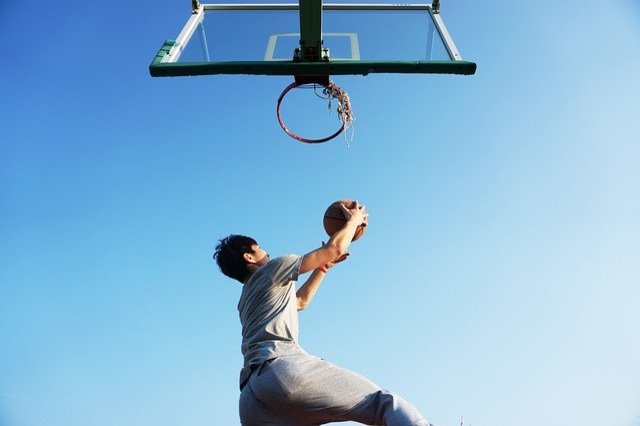
6. Golf
Another sport that has gained popularity in the last decades is golf. It was introduced in Japan by a British expat and for a long time was practiced by only foreigners and Western-educated Japanese people. Nowadays it is popular among all age groups and not exclusively for rich people. A large variety of golf courses, suited for every level, can be found throughout Japan with a majority open to the public and offering stunning scenic views. The rules and etiquette for playing golf in Japan are similar to other countries, however, for foreigners, it can sometimes be difficult to access a golf course due to the language barrier. There are a few foreigner-friendly courses in the vicinity of Tokyo.
One of the most remarkable or famous Japanese professional golfers is Ryo Ishikawa, known also as Bashful Prince. In 2007, at the age of 15, he was the youngest winner ever of a men’s regular tournament. And another most remarkable player is Hideki Matsuyama, who won the Masters Tournament in 2021 which made him the first-ever Japanese player and the first Asian-born player to win the tournament. His humble attitude is also praised among the fans worldwide.

7. Tennis
Tennis is one of the most popular professional sports in Japan. It is thought to arrive in Japan at the end of the 19th century and it was in tennis that Japan won its very first Olympic medals at the Summer Olympics in 1920. There are many tennis facilities in Japan, but renting a field is often a stretch. In Tokyo, there are a few public courts available that are foreigner-friendly.
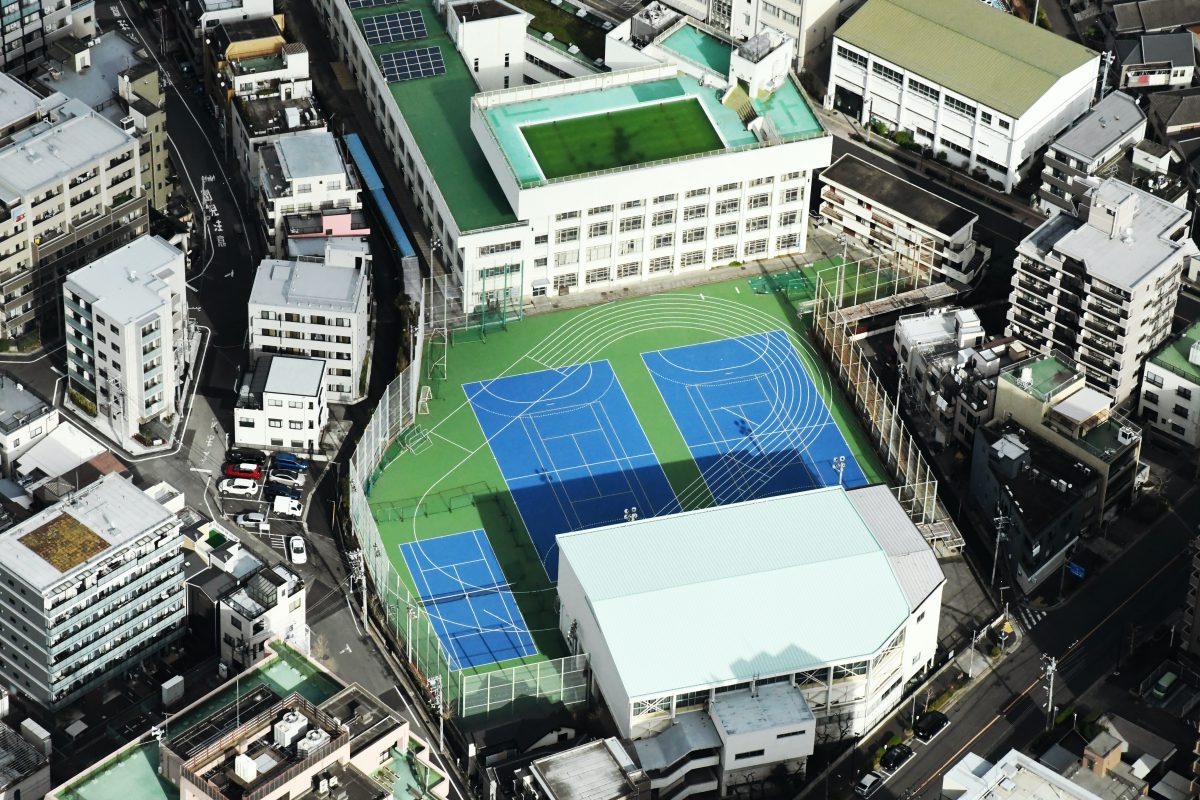
Table tennis
Table tennis originated in England as a high-class sport popular among British tennis players in the early 20th century as an alternative to tennis when it would be rainy. It was later brought to Japan by Tsuboi Gendo, who brought the required equipment from Great Britain. Along with other competitive players, especially from China, Japan is now considered one of the strongest table tennis countries. Japan won one silver medal and two bronze medals at Rio Olympic Games in 2016, second only to China. Despite this, table tennis is not considered a very popular sport in Japan.
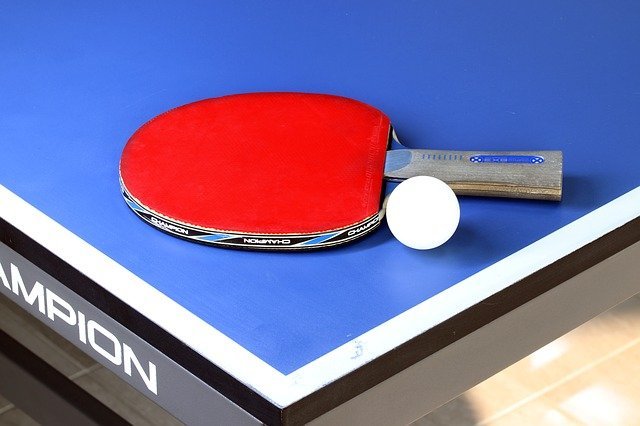
8. Swimming
Swimming is loved by a number of people in Japan as a refreshing sport that can be enjoyed regardless of age or season. It is also often chosen as an after-school activity for children as it helps them build physical strength and get used to the water. Although Japanese are generally smaller than Westerners in terms of body size, there are a number of great Japanese swimmers who have made great achievements in international matches. Japan was one of the top swimming nations at the Olympic Games over the last years.
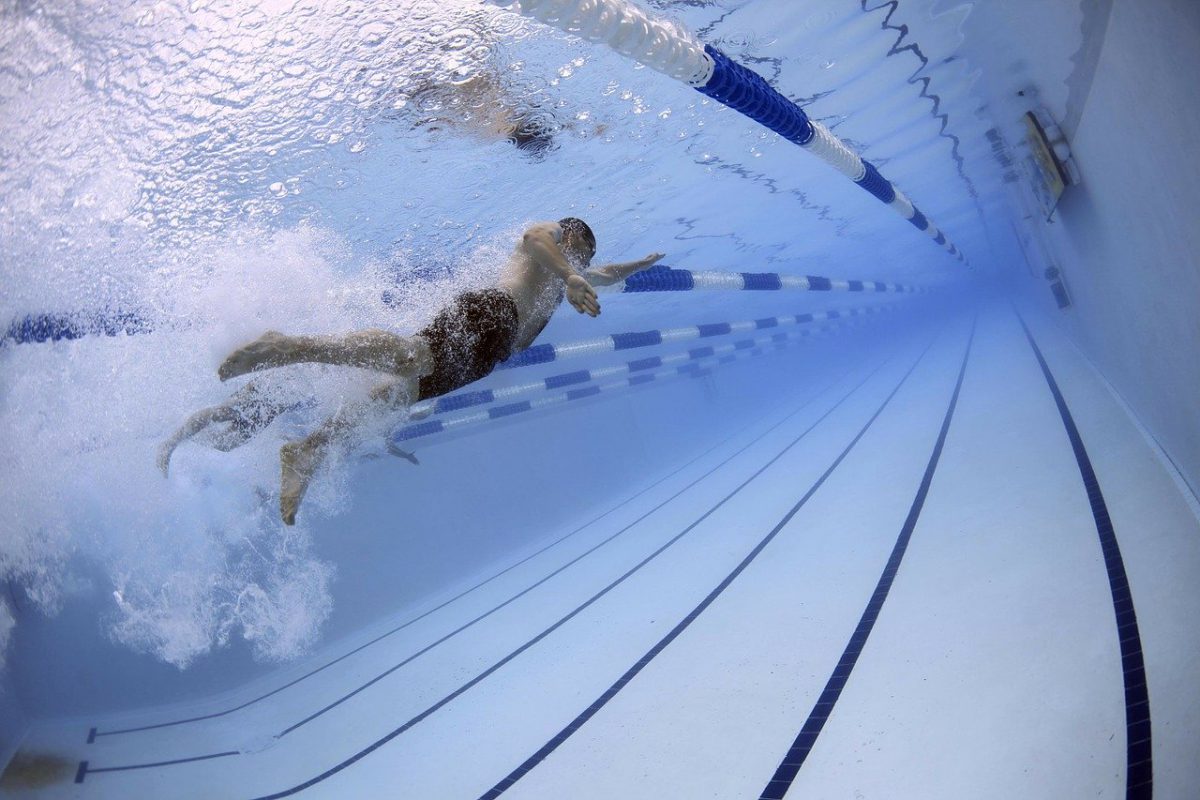
9. Judo
Judo is another traditional Japanese sport along with Sumo. It was created in 1882 by the Japanese athlete Kano Jigoro as a way to develop both physical and mental strength. Judo can be translated as the gentle way, referring to the importance of technique in combination with strength. Dutchman Anton Geesink was the first non-Japanese judoka to win gold at the World Judo Championship in 1961, changing the sport forever. This win is regarded as a turning point for the sport and judo became popular outside of Japan. It is now played around the world, and its popularity continues to increase every year. France boasts about 500,000 active judoka’s, more than twice as many as Japan. The fundamental principle of Judo respects discipline and courtesy, which can clearly be seen in official matches when both players bow before and after the match. Players need to wear Judogi, a traditional Japanese uniform made from thick white cotton.
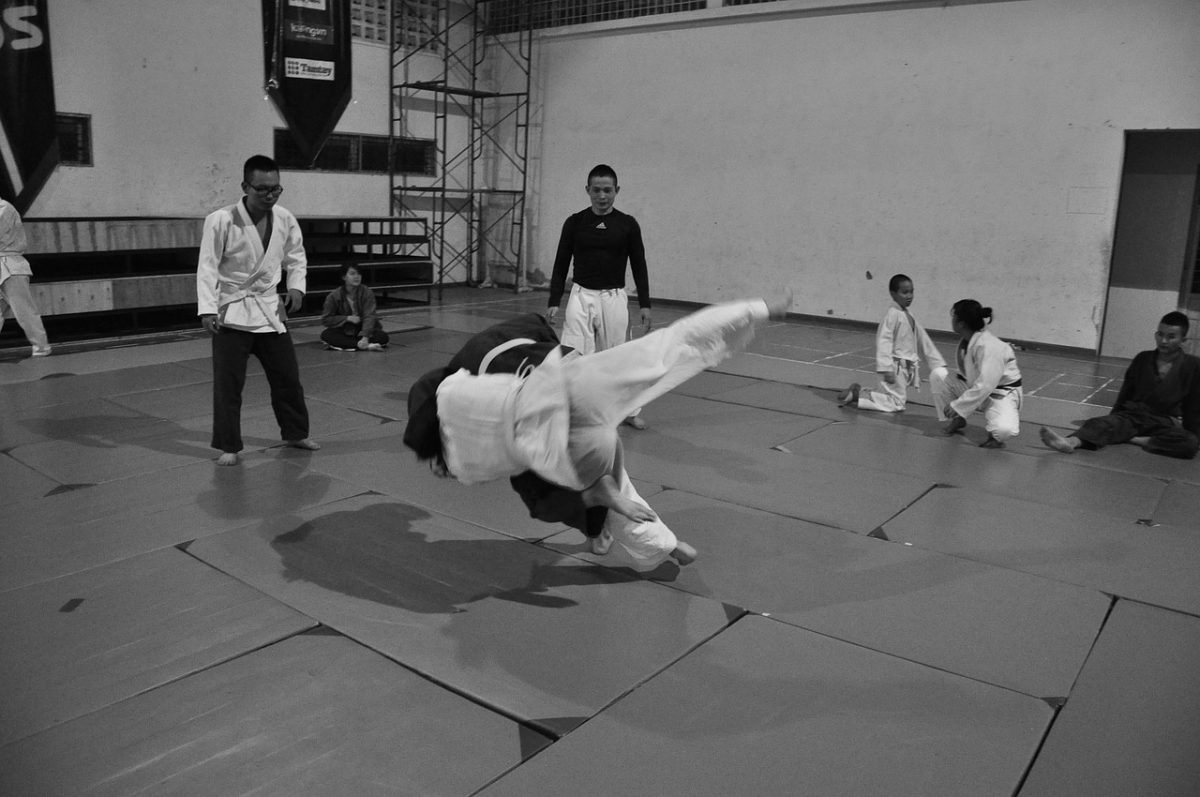
10. Volleyball
Volleyball was originally introduced to Japan from the US around the early 20th century. As it became more popular in Japan, it started to attract a number of new international players. Its popularity hit its peak in 1964 when the Japan women’s volleyball team defeated Russia and won the gold medal at the Tokyo Olympics. It is now taught in PE classes or club activities at school, which allows students to play the exciting sport to develop their communication and social abilities with their teammates. Tokyo Olympics will be a great opportunity to enjoy the exciting volleyball games by the strong teams from all over the world!

Sport is something that unites us together regardless of nationality or age. Sports experiences in Japan also give you great opportunities to get involved in the exciting moment with locals even if you can’t speak Japanese very well. If you think it is challenging to go to watch traditional ones such as Sumo or Judo, why don’t you start with the popular ones including baseball and soccer? It will help you get ready for the further, more traditional experiences, or even for the Tokyo Olympic Games next year!
Follow us on Instagram or Facebook for more travel inspiration. Or tag us to get featured!
Happy traveling!
Stay informed of the best travel tips to Japan, the most exciting things to do and see, and the top experiences to have with the Japan Wonder Travel Newsletter. Once every two weeks we will introduce you to our latest content.
